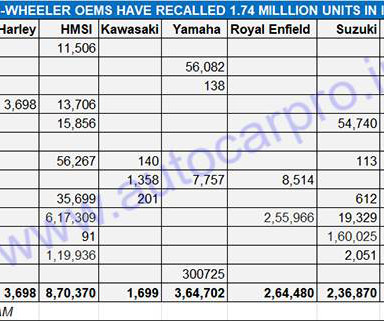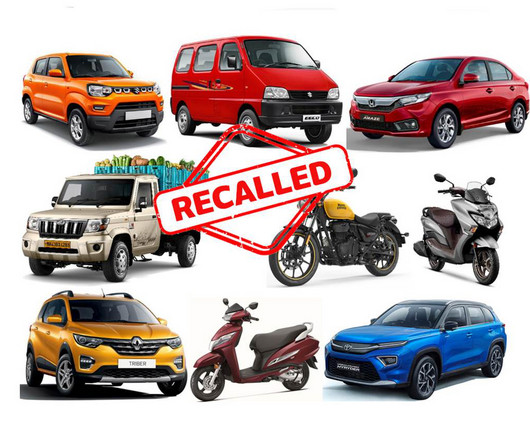Provisional agreement reached on European CO2 standards for heavy-duty trucks; 30% lower by 2030
Green Car Congress
FEBRUARY 19, 2019
With the first-ever EU emission standards for trucks agreed, we are completing the legal framework to reach the European target of cutting greenhouse gas emissions by at least 40% by 2030. The new targets and incentives will help tackle emissions, as well as bring fuel savings to transport operators and cleaner air for all Europeans.



















Let's personalize your content